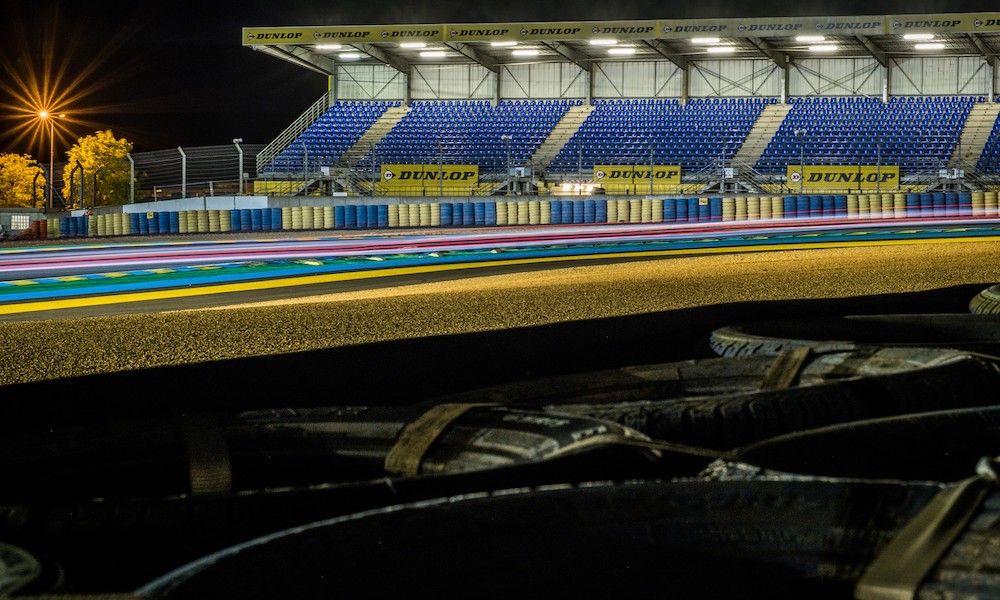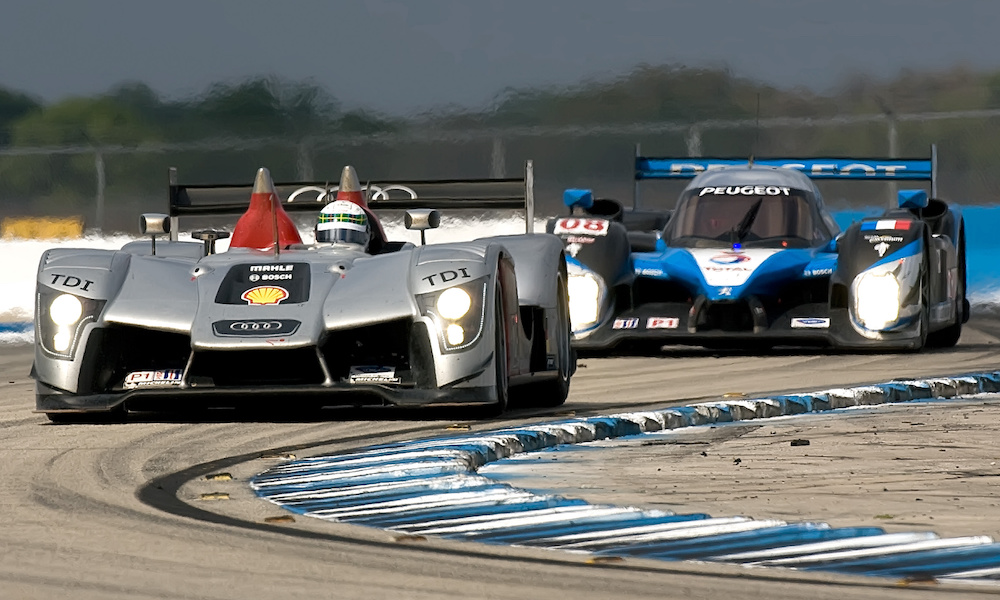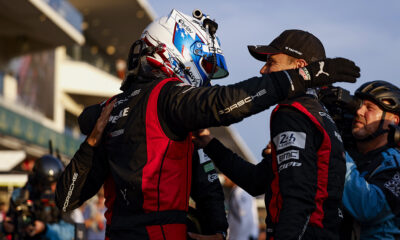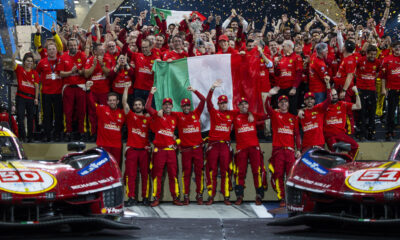
Photo: James Moy/Toyota
Sportscar365 is recognizing its top performers and key events from the 2020 sports car racing season. Up next is the story of the year, as selected by website staff.
Story of the Year – Coronavirus and sports car racing’s response
While this was more of an ongoing theme than a single tangible story, the effects of the coronavirus pandemic on sports car racing in 2020 were too great to leave aside.
Our first article mentioning the novel coronavirus was this notebook from the Liqui-Moly Bathurst 12 Hour on February 1. Since then, we’ve published almost 450 articles that include a reference to COVID-19. It has simply dominated the narrative this year.
The first international sports car racing event to be canceled due to what was then called the coronavirus outbreak was the International GT Open pre-season test.
That late February announcement was followed in March, April and May by calls from the other championships to put their 2020 seasons on pause.
Of note, the 24 Hours of Le Mans was moved from June to September and held in front of empy grandstands, while the Mobil 1 Twelve Hours of Sebring, the Total 24 Hours of Spa and the Nürburgring 24 were among the other major events to be deferred.
But the fact that these and many other races on the global calendar were postponed rather than canceled speaks volumes about how well the industry persevered through a global crisis that played out far beyond the control of any sporting organization.
Series bosses quickly revised their schedules and fashioned alternative ways of running events, while teams across the board were extremely supportive of the measures put in place to ensure they could go racing, fulfill contracts and continue to work.
The impacts of this not happening would likely have been “disastrous” for many people in the industry, as one GT team principal recently told Sportscar365:
“If there was no racing, it just doesn’t bear thinking about what would have happened,” he said.
“It would have been disastrous for a lot of people in the motor racing supply chain. It’s a massive web and there’s a huge amount of money turned over in our arena every year.
“Look how big the GT3 grid is now, and just think how many parts are bought in a year. If we didn’t do any of that a lot of people would have suffered. That’s not to mention driver careers, staff from teams and people within organizations.”
Not all championships managed to recoup immediately: of note, GT World Challenge Asia was forced to cancel its season due to unworkable travel restrictions between the different East Asian countries, but the series is aiming to stage a rebound in 2021.
The pandemic also changed how some series will operate in the future. The FIA World Endurance Championship, for example, ditched its ‘winter’ calendar format after just two attempts and reverted to a slimmed-down, cost-cutting single-year program.
Next year most organizers have outlined what can be described as ‘normal’ provisional schedules for next year, while the hope is that these won’t require any remodeling.
COVID-19’s impact won’t be limited to 2020, particularly with case numbers spiking again during the Northern Hemisphere winter, but the world and sports car racing are heading into 2021 better equipped to deal with the disease and the challenges it brings.

Photo: Audi
Honorable Mentions
***A landmark moment for sports car racing occurred in January when IMSA and the Automobile Club de l’Ouest announced the creation of the LMDh joint prototype formula, heralding a convergence between the two sanctioning bodies. This historic accord was followed by the alignment of LMDh and Le Mans Hypercar performance levels, while several brands have now declared programs or strong intentions.
***Encouraged by the above developments, Audi and Porsche announced their returns to prototype racing. Audi revealed its intentions in early December and was soon joined by fellow ex-LMP1 powerhouse Porsche, which was attracted to LMDh for its global eligibility and cost-saving premise. Peugeot recently confirmed its LMH powertrain details, while Toyota will do the same in less than three weeks. Others are keen to join: a Ferrari prototype racing proposal is understood to have been submitted to the company’s board of directors, while HPD is also working on LMDh plans. It’s a fascinating period.
***Prototype convergence has already occurred, but could GT racing be set to forge the same route? This year the GTE formula experienced two major blows with Porsche announcing that its factory IMSA program would come to an end and Aston Martin confirming that it will no longer have a factory team presence in WEC. Those decisions, plus talk of BMW scaling down its IMSA involvement along with the continued strength of GT3, are pointing towards a rethink in how the global GT racing landscape is formed.


























